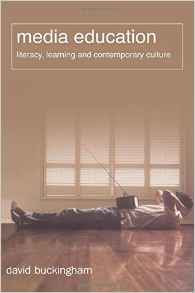Ok this weeks theme is Feminism (i'm sure you all know what this is!) . Wikipedia: Feminism is a range of political movements , ideologies , and social movements that share a common goal: to define, establish, and achieve political, economic, personal, and social rights for women that are equal to those of men. [1] [2] This includes seeking to establish equal opportunities for women in education and employment. Feminist movements have campaigned and continue to campaign for women's rights, including the right to vote , to hold public office, to work , to earn fair wages or equal pay , to own property , to receive education , to enter contracts, to have equal rights within marriage , and to have maternity leave . Feminists have also worked to promote bodily autonomy and integrity , and to protect women and girls from rape , sexual har...








